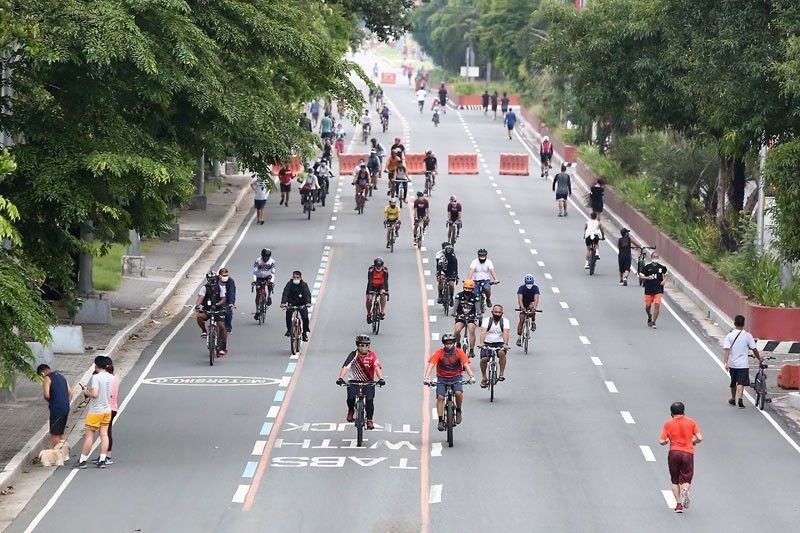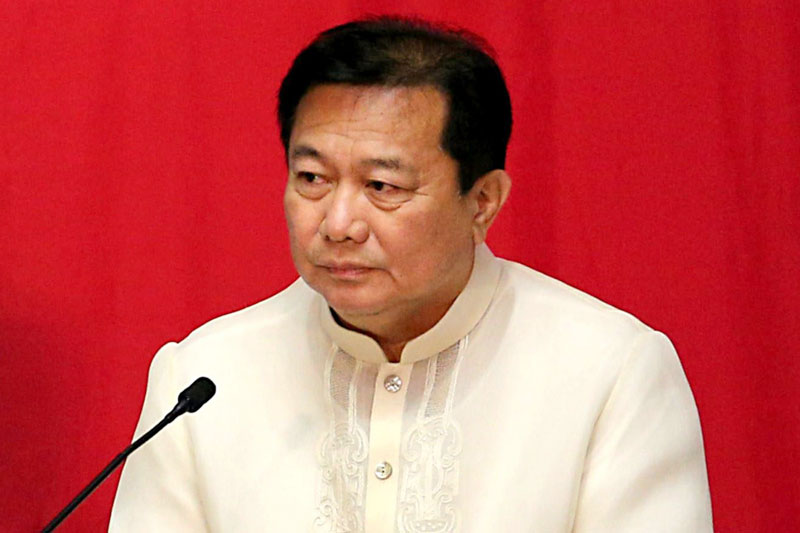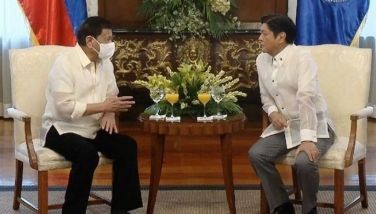IATF: MGCQ in Metro possible

MANILA, Philippines – Quarantine restrictions in Metro Manila may be eased if local governments can act swiftly to contain coronavirus disease 2019 (COVID-19) in their respective areas, an official said yesterday.
Metro Manila, which contributes a third of the Philippines’ gross domestic product, has been under the more lenient general community quarantine (GCQ) since June 1 as the government slowly reopens the pandemic-hit economy.
But officials have also warned that the capital region may revert to a stricter quarantine scenario if its healthcare capacity is in danger of being overwhelmed by a rising number of infected persons.
Asked about Metro Manila’s chances of being downgraded to the most relaxed modified general community quarantine (MGCQ), Cabinet Secretary Karlo Nograles said it would depend on the data on COVID-19 infections, as well as the capabilities of local governments to respond to the disease.
“There are two ways of thinking about it. Number one, it’s possible as long as the localized response of LGUs (local government units) is fast. But again, it really depends... When the President is about to decide (on the quarantine classifications), we will give him options,” Nograles told radio station dzBB.
“We will tell him, ‘Sir, it (easing) can be done.’ But LGUs should act swiftly. If this place or street or community or barangay reports a spike, or there is a surge (in the number of cases), their action should be fast; they should impose community quarantine for 14 days. The action of the mayor will be localized,” he added.
Nograles, also the co-chairman of the Inter-Agency Task Force for the Management of Emerging Infectious Diseases (IATF), said another possible option is to keep Metro Manila under GCQ, wherein some industries and modes of public transportation can operate, but only partially.
“It can be MGCQ, but the mayors should act fast. Or GCQ to give mayors more time to get used to it (easing),” he said.
Metro Manila has the most number of COVID-19 infections, accounting for about 22,000 of the more than 54,000 cases in the Philippines. Despite the rising number of cases, the government decided to keep the capital region under GCQ because it still has enough health facilities to accommodate critical and severe cases.
President Duterte is expected to decide on the new quarantine classifications of areas this week.
Longer lockdowns pushed
In the same interview, Nograles said localized lockdowns should last for two weeks because the incubation period of the virus takes time.
“We are telling the mayors that if they impose a community quarantine in their barangays, two days, three days or even five days are not enough. You really have to implement a 14-day quarantine,” the official said.
Nograles said the same period applies to provincial governments that impose lockdowns on component cities. He noted that the IATF adjusts the quarantine levels of areas every two weeks.
“You have to consider the incubation period and everything else, that’s why a lockdown or community quarantine should be 14 days. The local governments have the power to do it,” the Cabinet official said.
“The IATF and mayors should always talk and compare notes,” he added.
Nograles claimed the situation in Cebu City, which is now under the strictest enhanced community quarantine because of a spike in infections, is improving because of the better coordination between local officials and the national government.
He reminded the public to continue observing precautionary measures like wearing face masks, maintain safe distancing, and frequent hand washing even if quarantine restrictions have been eased.
“We should not be complacent... the problem sometimes is when the community quarantine is (eased), our countrymen think they are already safe... Whether it’s GCQ or MGCQ, the virus is still there so we should be careful,” Nograles said.
- Latest
- Trending





























